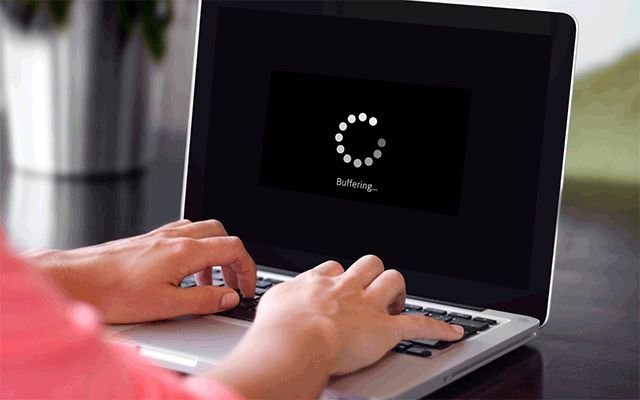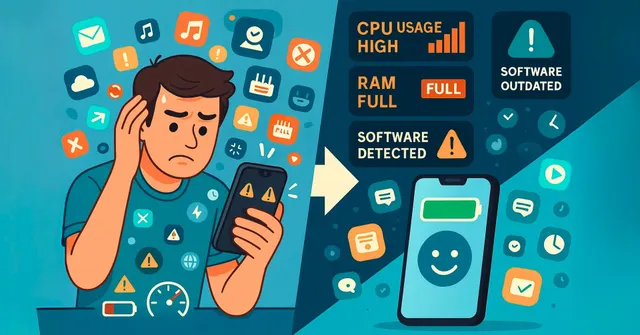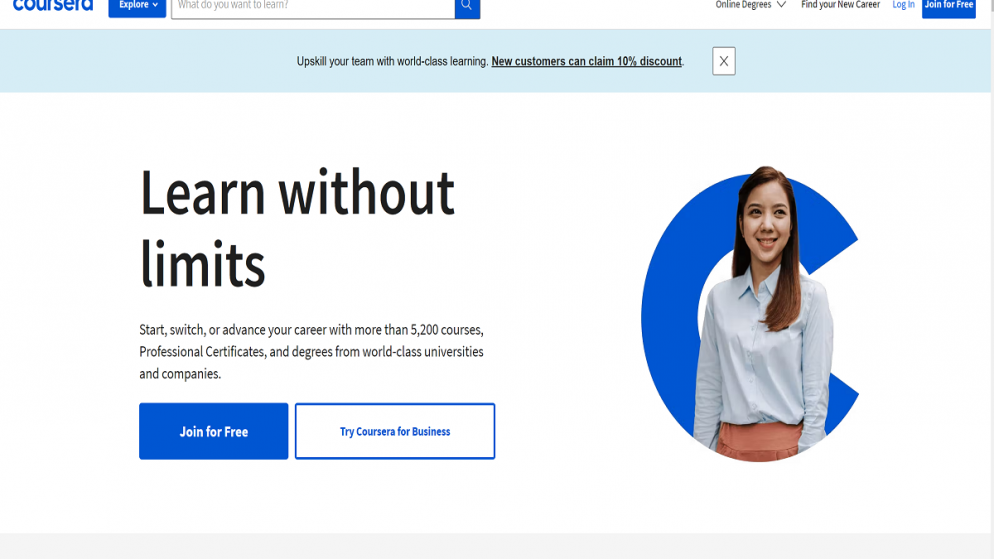
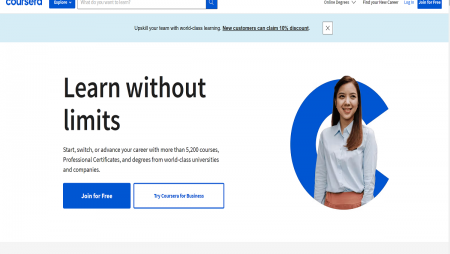
For students, critical thinking skills are essential to aid in the learning process. From using evidence to support a thesis to determining the intention of a piece of writing, these skills prepare students for college and future careers.
What is Critical Thinking?
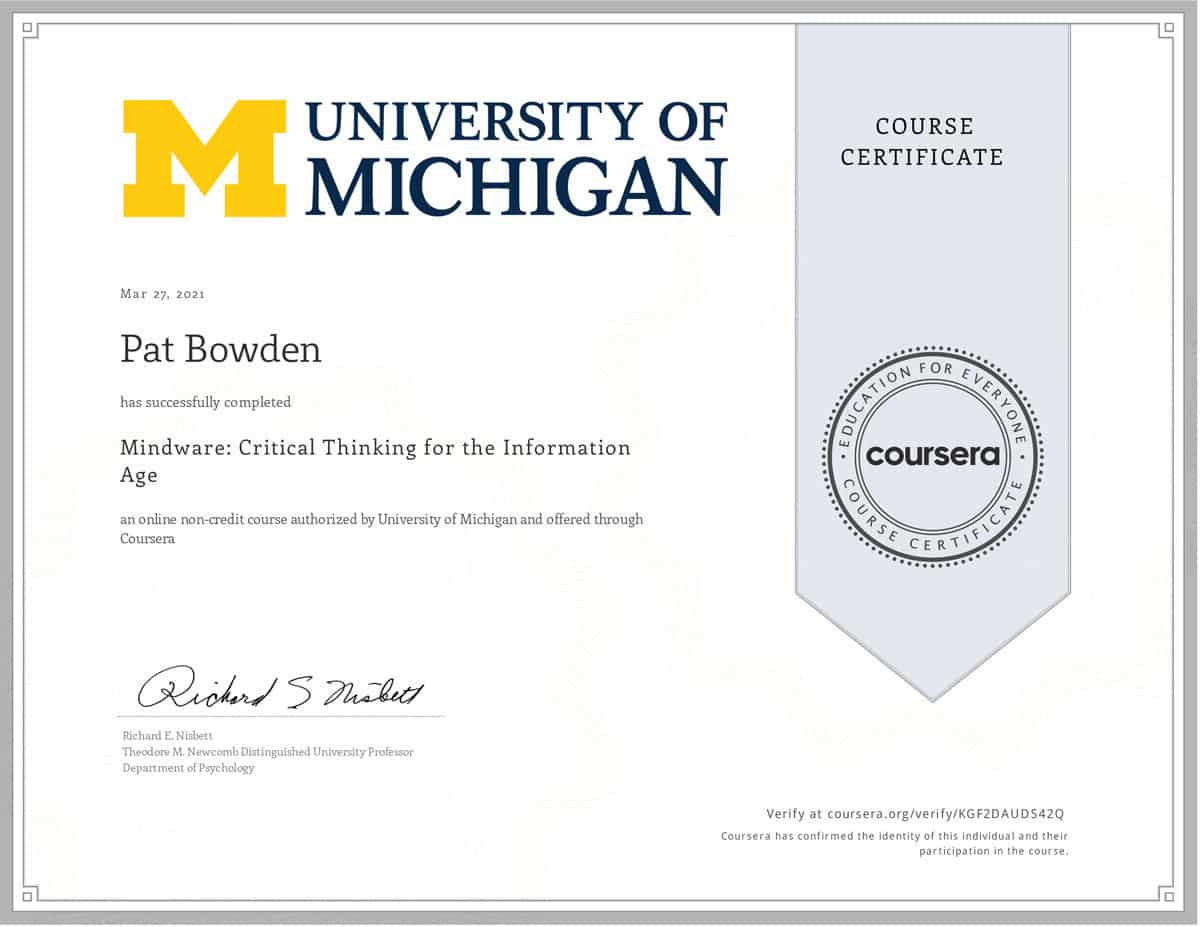
Image Source: Link
Critical thinking is a valuable skill that can help you make better decisions. Here are five ways to improve your critical thinking skills efficiently.
- Practice making logical connections. When figuring out how things connect, ask yourself what would happen for this to be true, and then check it out. This will help you develop a deep understanding of situations and see patterns where none may exist.
- Keep an open mind. Don’t automatically close off possibilities or jump to conclusions, even if the information presented seems logical at first glance. Try looking at things from different angles and assessing all the possible implications of any decision or action before taking it.
- Be skeptical about the information you don’t understand. When you don’t understand something, ask questions until you do (or find someone who can explain it to you). This will help guard against accepting conventional wisdom without questioning it first.
- Try different perspectives and theories on controversial issues. It’s important to have multiple ideas about an issue to make an informed decision, so consider opinions that differ from yours and those that are similar.
- Build a strong research foundation by reading widely and extensively on complex topics (both factual and theoretical). This will help equip you with the knowledge necessary to assess evidence objectively and come up with sound reasoning when debating or discussing complicated subjects.
How to improve your critical thinking skills?

Image Source: Link
Critical thinking is essential for problem-solving, decision-making, and critical thinking skills. Here are 5 ways to improve your critical thinking skills efficiently:
- Practice questioning your assumptions. Question everything from the evidence you look at to the conclusions you draw. Be open to alternative explanations, and be willing to change your mind about what you believe based on new information.
- Formulate hypotheses cautiously and test them logically. Before formulating a hypothesis, consider all possible reasons it could be false. Then, test it by gathering as much evidence as possible to support or refute it. Don’t accept a hypothesis at face value; instead, use rigorous reasoning to determine whether or not it’s true.
- Use reason and evidence when assessing information. Always look for logical connections between pieces of information, and use evidence (including statistics) to support your claims. Remember that not everything that looks true is true- don’t take anything at face value!
- Be aware of cognitive biases and fallacies. Cognitive biases are unconscious patterns of thought that can lead us to faulty judgments. Fallacies are invalid arguments we frequently use in everyday life without realizing it (for example, “argument from ignorance”). Be aware of these pitfalls so you can avoid them when forming opinions or making decisions.
- Practice critical thinking skills regularly. The more often you practice these techniques, the better you’ll become at using them effectively in challenging situations.
Tools for critical thinking
![Best Critical Thinking Courses & Certifications [2022] | Coursera](https://d3njjcbhbojbot.cloudfront.net/api/utilities/v1/imageproxy/https://s3.amazonaws.com/coursera-course-photos/88/ebc021015445b3be6555240ed48aa8/CTT_course-image_Coursera.png?auto=format%2Ccompress&dpr=1&w=330&h=330&fit=fill&q=25)
Image Source: Link
Critical thinking is essential for any individual, as it helps us make well-informed decisions. However, improving your critical thinking skills can be difficult, if not impossible. This is where tools come in handy.
Several different tools can help you improve your critical thinking skills. Some of these tools are specific to certain areas of thought, while others are more general. Regardless of the type of tool, all of them can help you better question and analyze information.
One popular tool for critical thinking is the Socratic Method. The Socratic Method is based on the idea that by asking questions and allowing people to express their views openly, they will learn more effectively. This method can be used in various settings, including classrooms and workplaces.
Another popular tool for critical thinking is the scientific method. The scientific method is a way of investigating phenomena by testing hypotheses using observable data. It helps scientists identify patterns and trends in data to develop explanations for what’s happening.
Tips for tackling tough problems

Image Source: Link
There are a few tips that can help improve your critical thinking skills. First, have a clear goal when trying to solve a problem. Second, try not to get bogged down by the details of the problem. Third, keep track of your progress and revise your solutions based on feedback from others. Finally, always remember to be patient and perseverant when tackling tough problems.
Conclusion
![100+ Critical Thinking Courses [2022] | Learn Online for Free | Class Central](https://d3f1iyfxxz8i1e.cloudfront.net/courses/course_image/0d70ca1a1ef7.jpg)
Image Source: Link
Critical thinking skills are essential for problem-solving, making informed decisions, and more. No matter what your field of work or interests might be, learning how to think critically can help you achieve success. There are a few easy ways to improve your critical thinking skills that don’t require a lot of time or effort:
1) Make use of online resources and tools. Many websites offer free resources that can help you strengthen your critical thinking skills. For example, the website BrainFacts offers interesting facts about different parts of the brain and how they play a role in cognitive functions such as memory recall and decision-making.
2) Practice questioning assumptions regularly. When you encounter an idea or situation that seems familiar but doesn’t fit with what you know to be true, ask yourself why it’s familiar instead of automatically accepting it as fact. This skill is especially important when evaluating information from sources you trust—for example, statistics quoted in news articles or claims made by experts.
3) Think critically about how things make sense on an individual level as well as on a larger scale. Consider why particular policies or actions might be beneficial or detrimental on an individual level but have unintended consequences on a larger scale.


